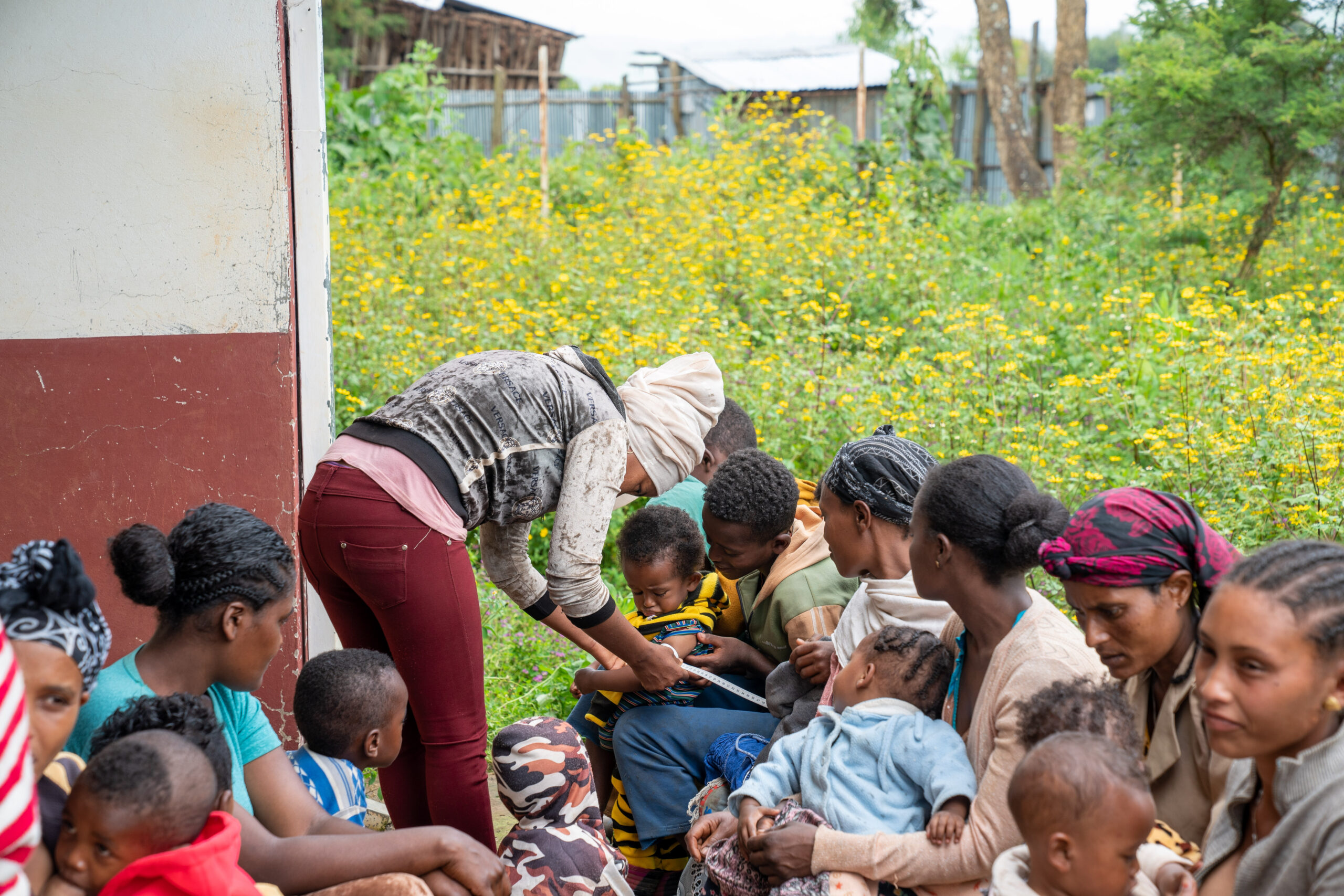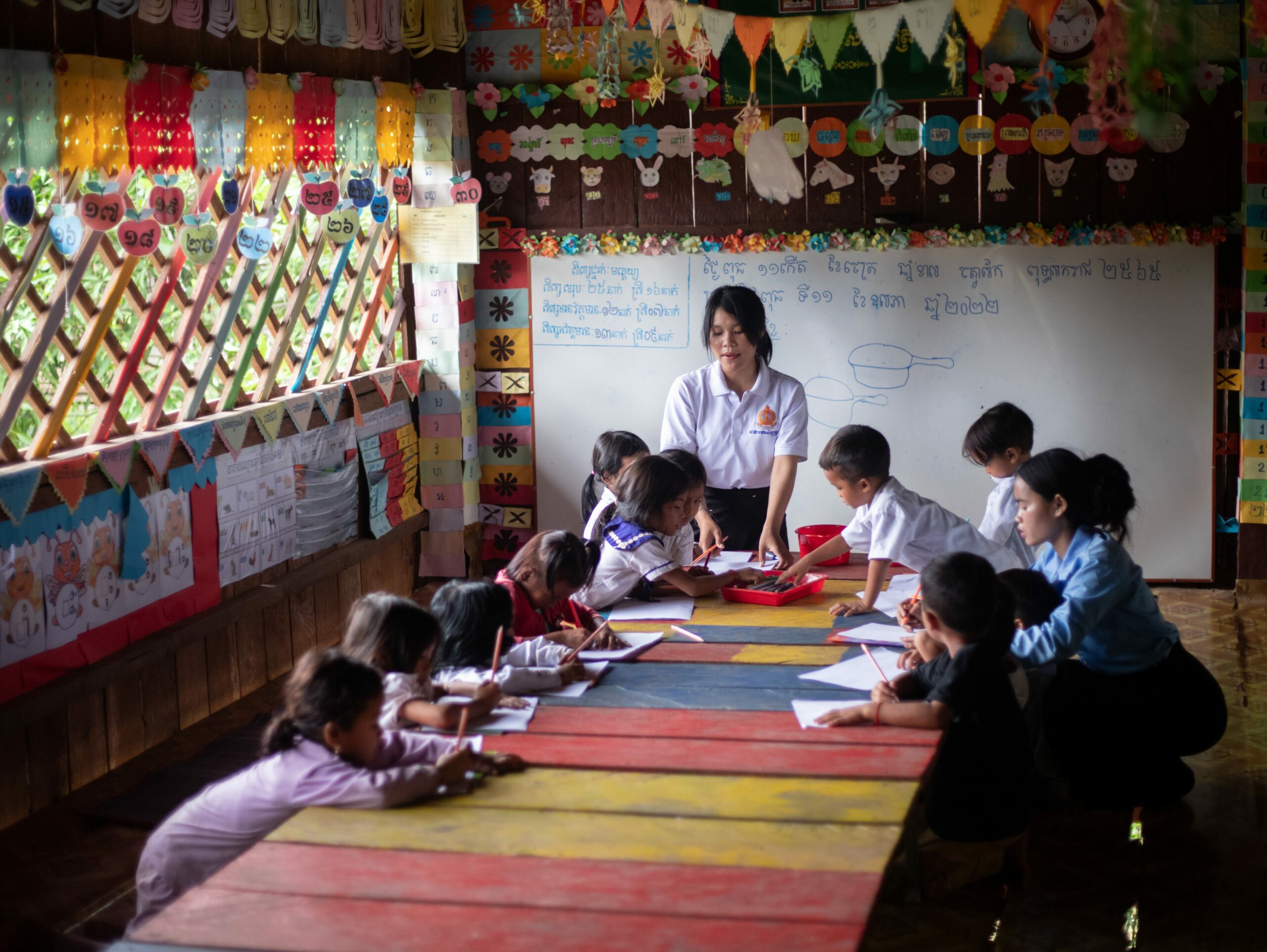
Government and Non-State Partnerships Evidence Hub
The Evidence Hub is a consolidated repository of tools and resources focused on innovative partnerships between non-state actors and governments.

Learning Differences Evidence Hub
The Learning Differences Evidence Hub comprises promising approaches, practitioner challenges, and practical strategies to help strengthen inclusive practices and support every learner. An estimated 1 in 10 children globally have a disability, yet many education systems—particularly in low- and middle-income countries fail to meet their needs.




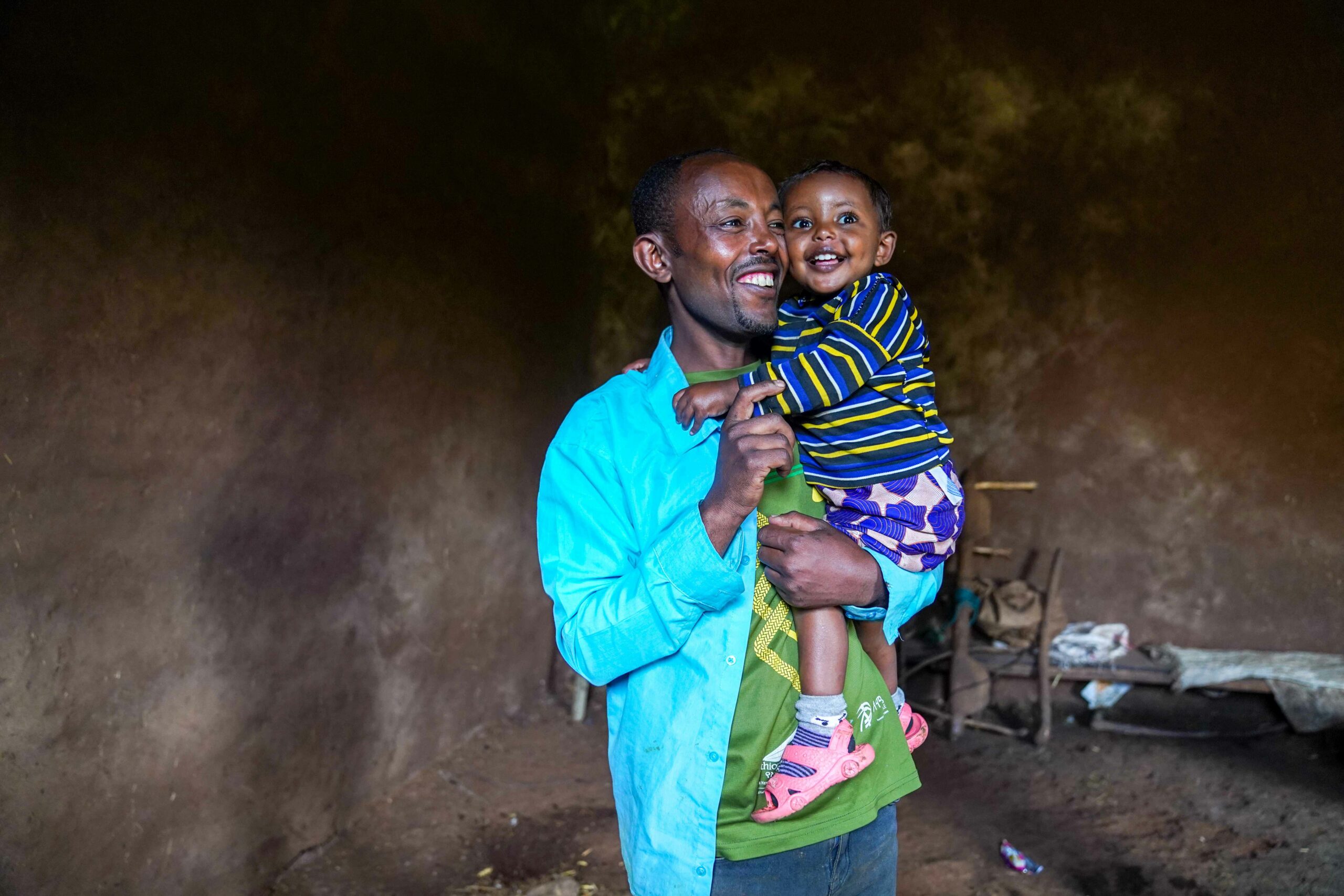

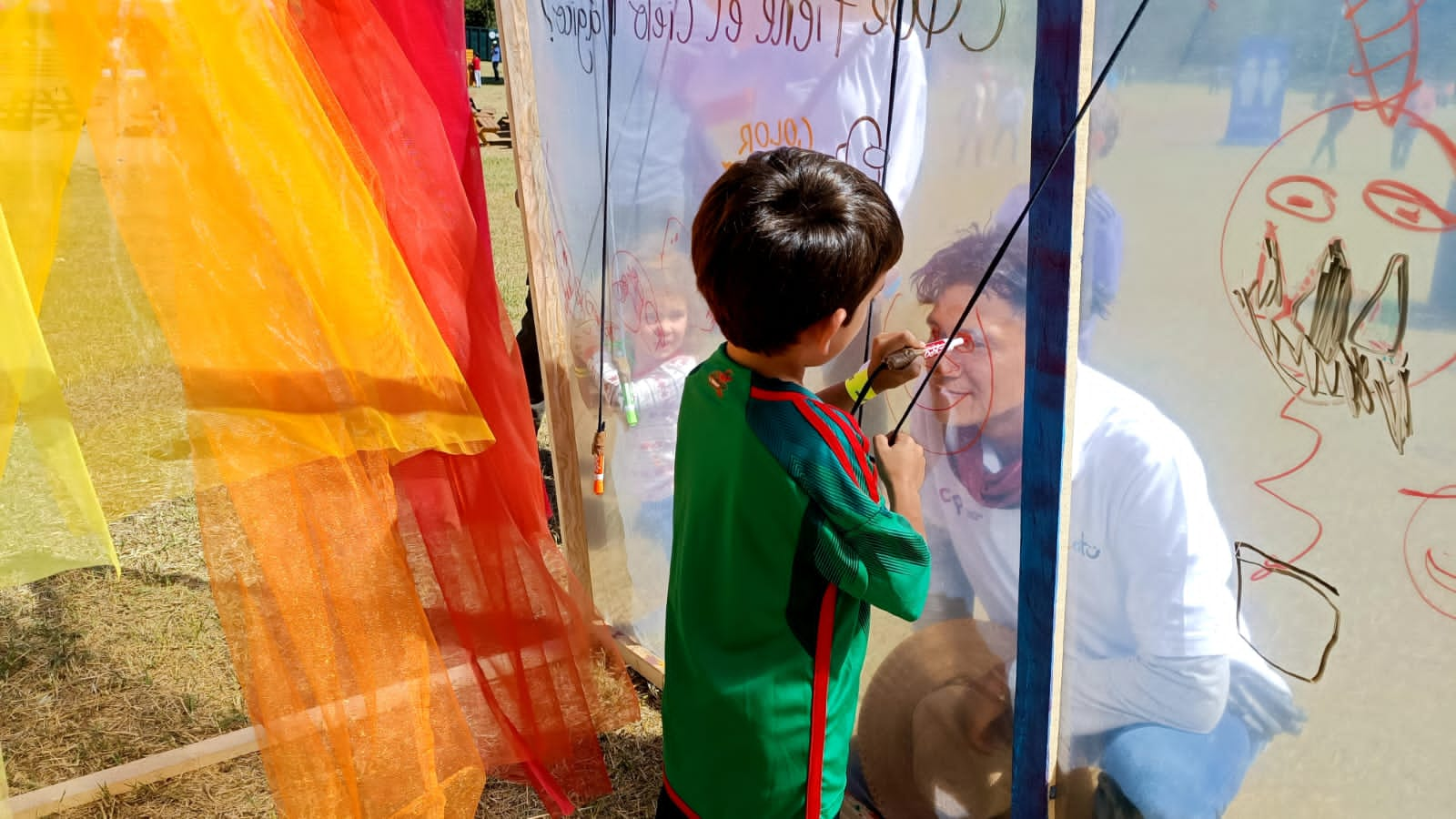
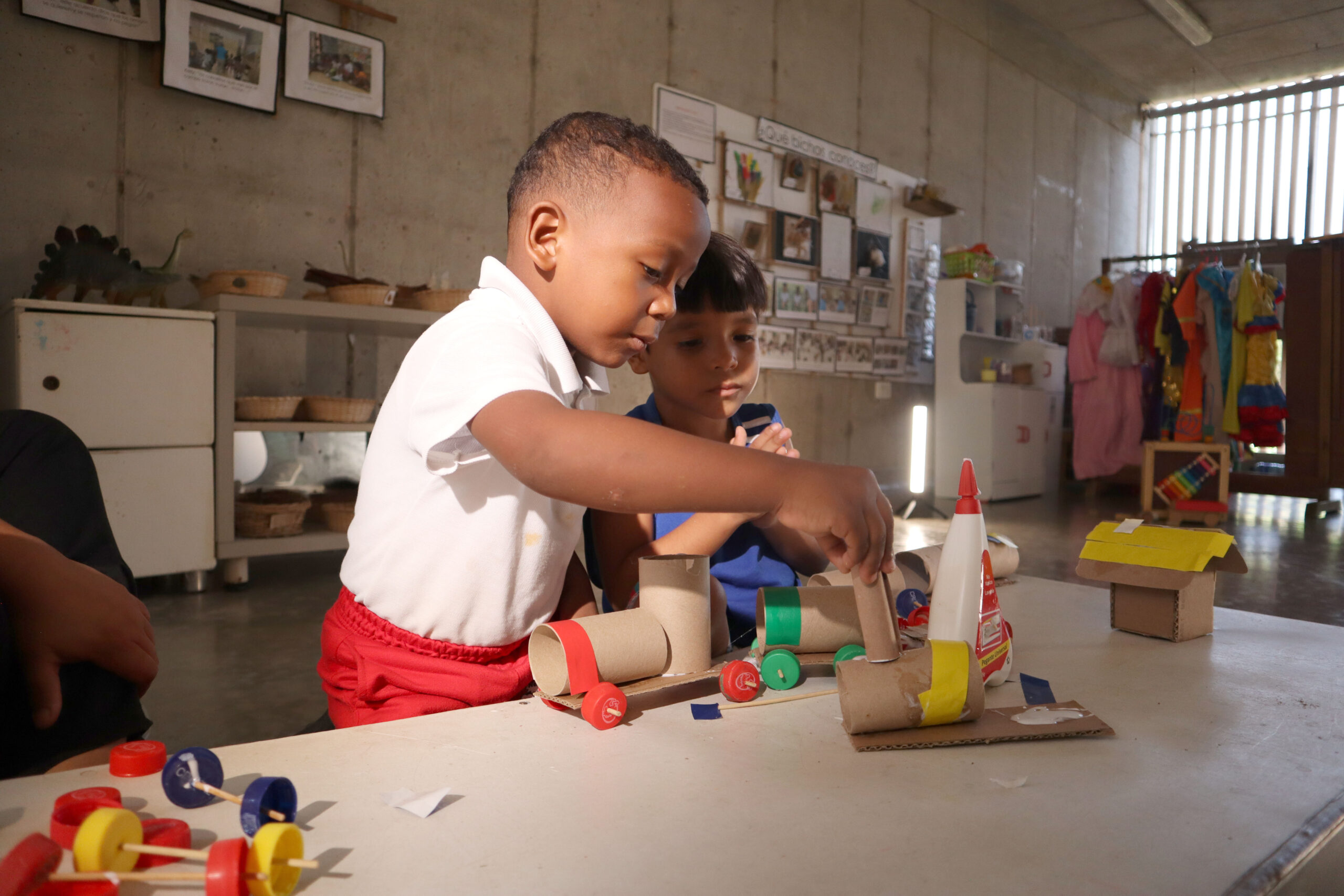
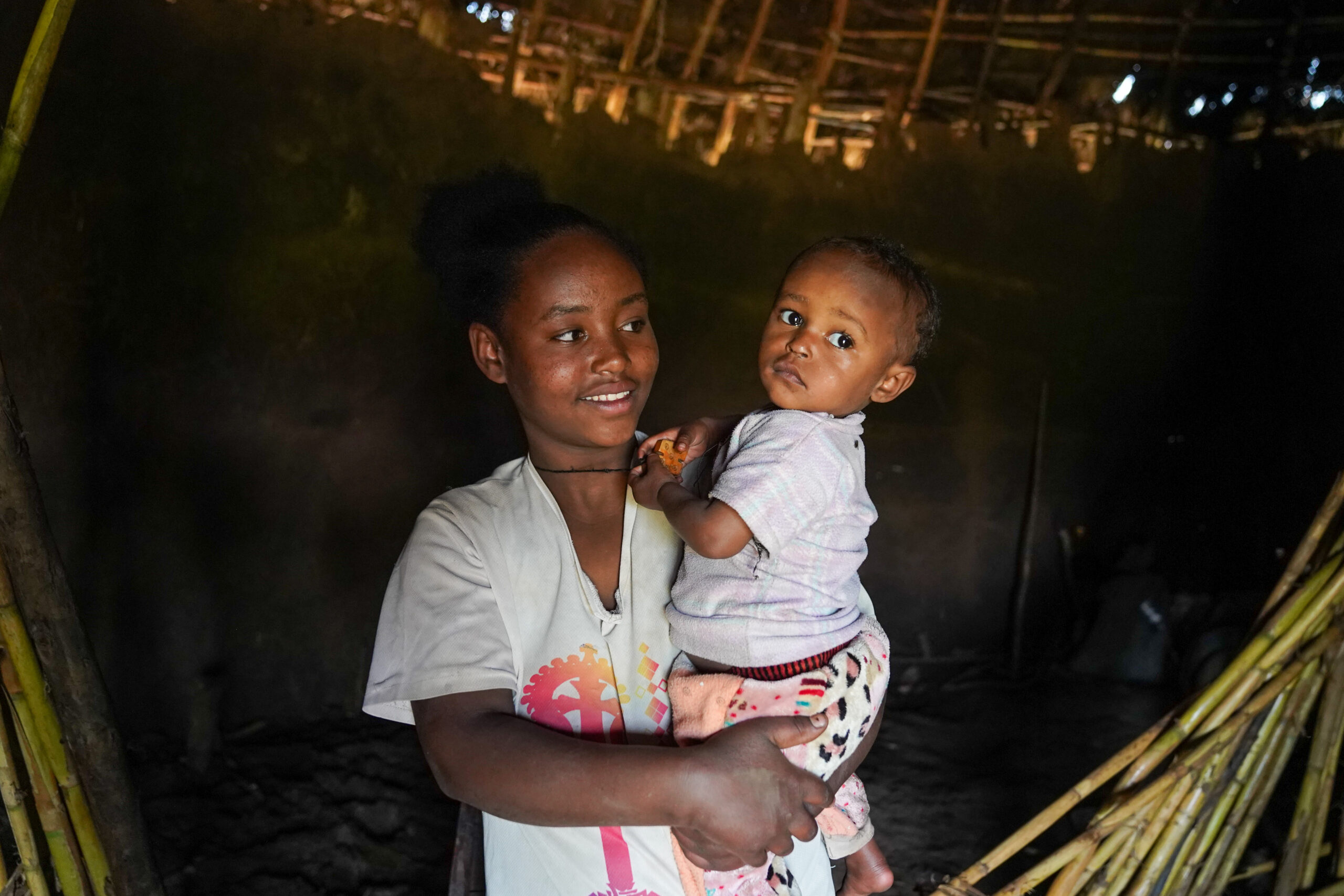
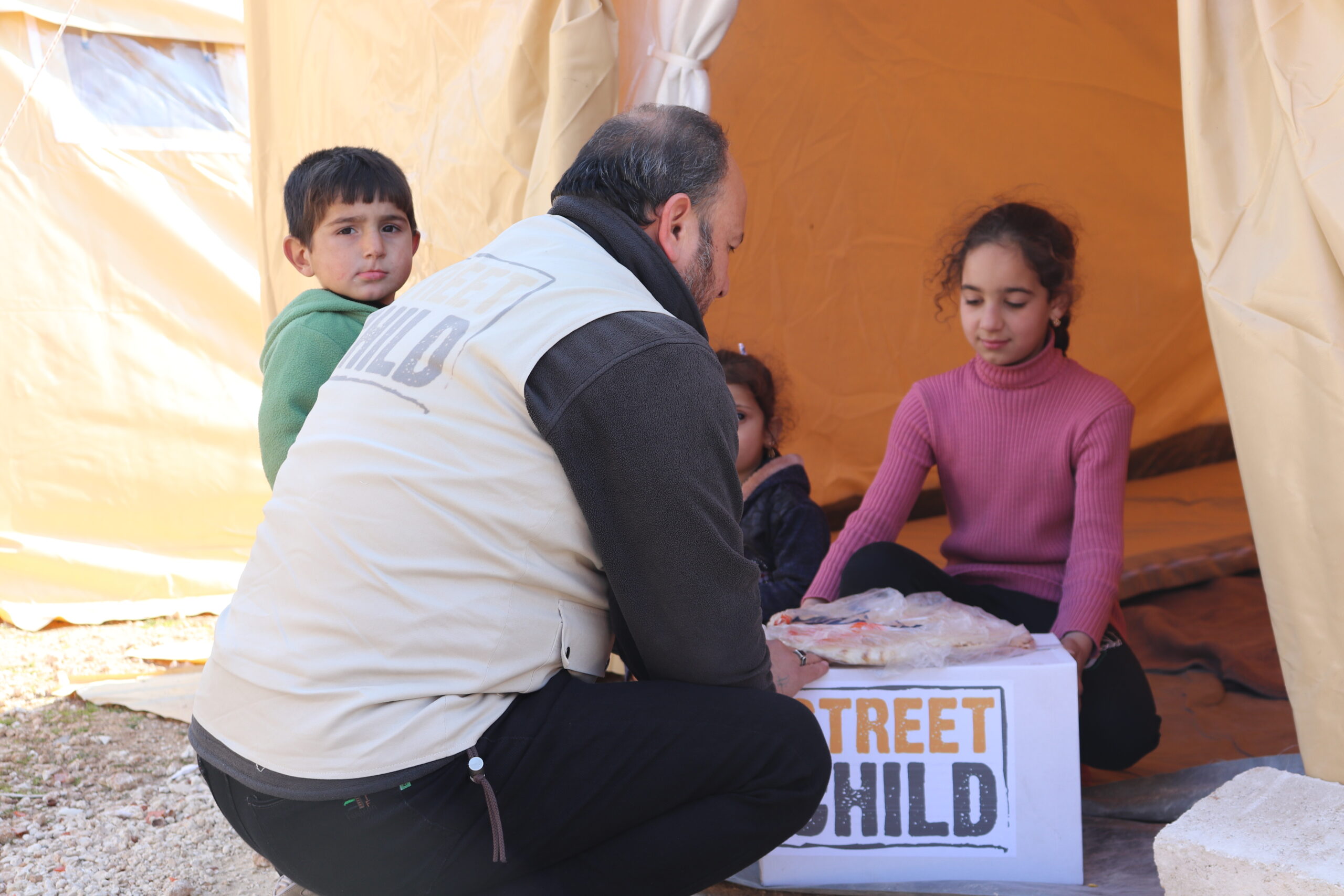
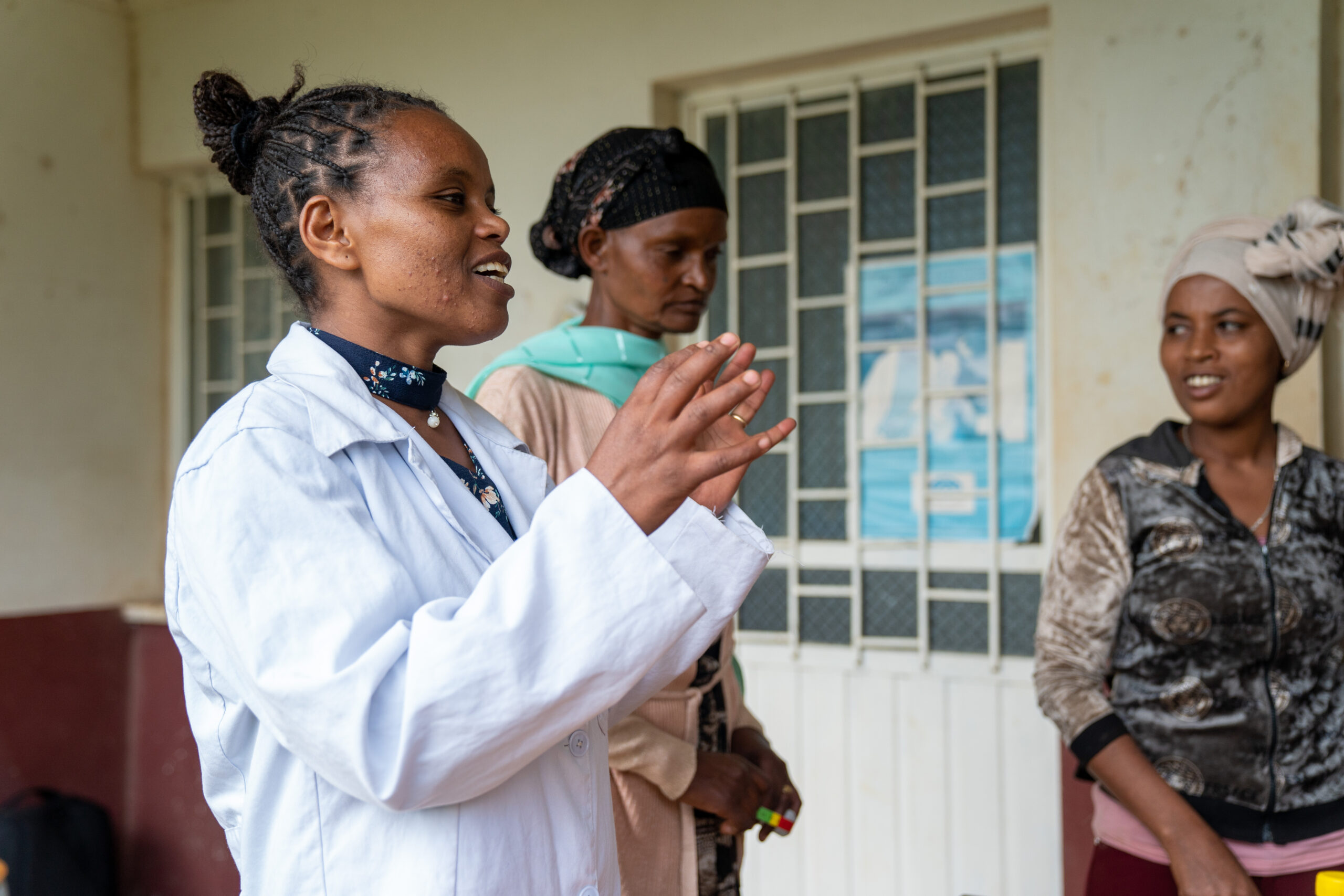
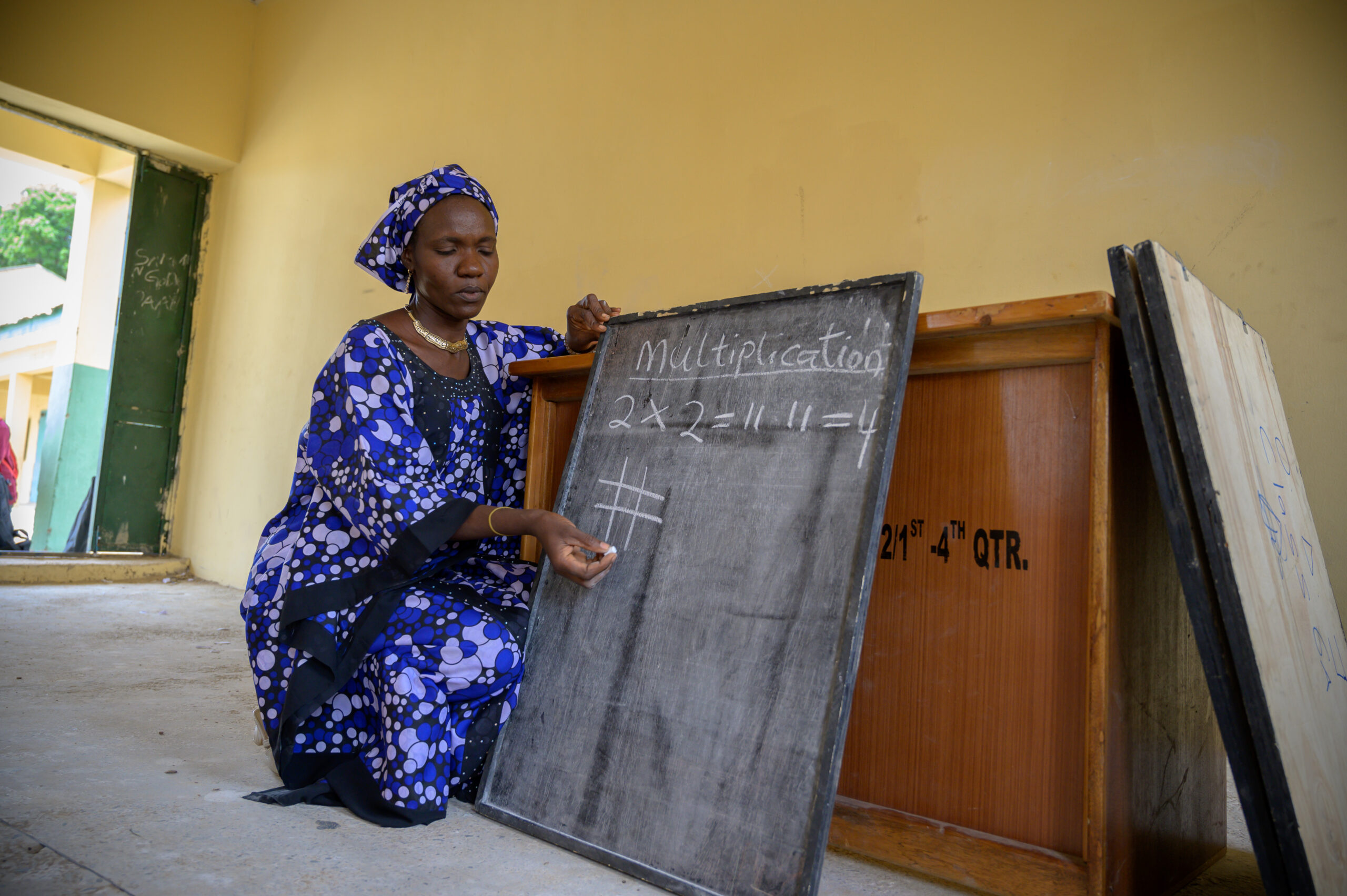


 ECD in Emergencies
ECD in Emergencies  Share on X
Share on X
 Share on LinkedIn
Share on LinkedIn
 Share via Email
Share via Email










